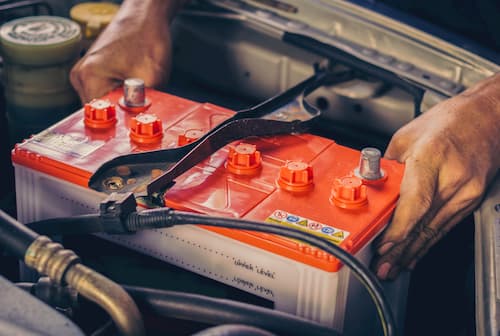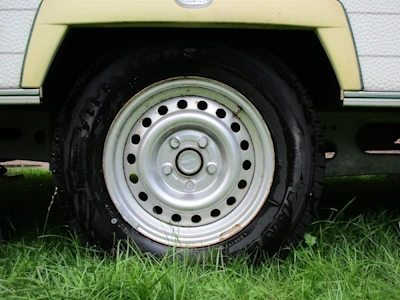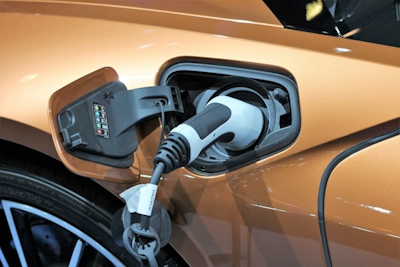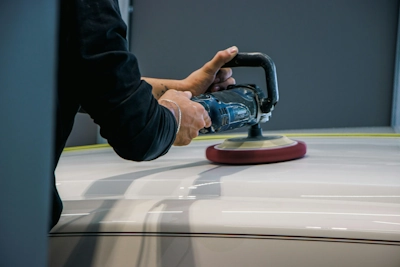Car Battery Maintenance Will Help Increase Battery Life
As with your vehicle’s drivetrain and suspension, your vehicle’s electrical system sometimes requires maintenance too. Paying attention to your vehicle battery can not only help with battery longevity but also its performance when trying to start your vehicle in both hot and cold weather.
Read our quick guide to find out everything you need to know about car battery maintenance and how you can increase your car’s battery life – saving you money long term.

Inspecting your Car Battery
Regardless of whether you’ve noticed issues with your car battery, it’s recommended that you perform regular inspections to ensure everything is in working order.
A great time to inspect your battery is when you wash your car. A dirty battery is a cause for concern. Some of the things you can look for include:
Battery fluid level
Most batteries in modern vehicles are lead-acid type batteries, which rely on a liquid, usually sulphuric acid, to conduct electrons. If the liquid level is below the battery separators, this indicates overcharging or poor maintenance.
Overcharging could be a result of incorrect voltage settings, low voltage caused by heat or internal defects or the battery deteriorating through normal usage cycles.
Electrolyte on top of the battery
If electrolyte fluid is on top of the battery, this can indicate overcharging, as well as overfilling, both of which can shorten the life expectancy of your car battery.
Some newer cars, particularly premium models often come with sealed, maintenance-free batteries. These do not require fluid level checks and the fluid is designed to last the lifespan of the battery.
Battery loose in the carrier tray
In all vehicles, the battery tray is designed to hold the heavy battery securely and prevent vibrations. If the battery is loose or allowed to move around, this can lead to battery failure from motor and road vibrations. If you notice that your battery has become loose, contact your local Tyrepower store today.
Battery terminal corrosion
When inspecting the battery, if you notice a blue or white crusty substance around the battery terminals, this is a sign of leaking electrolyte or gasses from the battery. Fortunately, this corrosion can be cleaned off with a simple mix of baking soda and water, but if the issue is recurring, replace the battery.
Damaged battery
If the battery looks damaged or mistreated in any way, this can also lead to failure. The most common damage can be seen with a visual inspection.
Discolouration, cracks and swelling are the most obvious types of damage. If you see any of these signs, we recommend contacting your nearest Tyrepower for a battery check and an electrical system diagnostic.
What if your Car Battery is Completely Flat?
A completely discharged (flat) battery can be caused by a number of problems, including:
Accessories or lights being left on while the engine is not running
A problem in the electrical system (such as a slipping alternator belt, faulty regulator or alternator, or high resistance due to corrosion)
Internal shorts (manufacturing defects, vibration damage, or simply an aged battery)
If you suspect your battery is completely flat, it should be checked with a hydrometer. A low Specific Gravity reading of 1.220 or less in all cells indicates that it is flat. It must be charged before further examination and testing can occur.
Is Car Battery Replacement Necessary?
If your car battery has failed, it’s important that the reason for this is identified. Your vehicle battery going flat may be the sign of another issue with your car.
Without identifying the problem, you could simply be resolving the symptom (the flat battery) and not the fundamental problem with your vehicle.
Factors affecting battery life
There are a number of factors affecting battery life. Batteries are constantly charged and discharged and over time they lose their capacity, which will eventually lead to failure.
Some of the factors that can have an impact include:
Components corroding over time
Electrical shorts in the battery
Vibrations causing damage
Overcharging or undercharging
On top of this, changed driving patterns can also have an effect on your battery life. Leaving your vehicle parked for extended periods of time as well as changes in the weather, such as between summer and winter can also have an effect.
Early warning signs
Batteries often fail when least expected, but there are some warning signs – typically, drivers first notice when the engine cranks slower than normal.
Slow cranking may be a sign of battery failure, or it may be a symptom of a larger issue and may not be the sole problem your car is currently experiencing.
For example:
Car worked fine last night but won’t start in the morning – Can be a sign of corroded terminals or that some electrical power has been running overnight, such as lights left on.
Car cranks, but won’t start – Usually indicates an ignition problem, or for older cars, an issue with the carburettor.
Battery is using a lot of water – Potentially a voltage regulator problem or the battery is getting old.
Car Battery Maintenance Tips
Vibration can reduce a battery’s life.
Many alleged ‘dead’ batteries are actually flat batteries. Leaving lights on or having faulty voltage regulators can cause this. It’s always recommended you speak to a professional about whether your battery is flat or faulty before replacing it.
It’s impossible to know exactly when your battery’s life is up, but a slow-starting engine is a fair indication.
Keep the top of your battery clean and free of grime. It’s not uncommon for batteries to discharge through the dirt and muck on the outside of the casing.
Ensure your battery terminals, battery tie-down bracket and wires are tight and secure. Loose connections are a leading cause of intermittent electrical issues, especially in cold weather.
Old batteries typically have more trouble in colder weather. Equally, if your engine is overheating and your battery is under strain from air conditioning, it can fail.
Regular car battery checks are always recommended.
Car Battery Codes
If you want to assess the age of your car battery you can do so by checking the code on the battery’s lid/terminals. The date on the bottom of your battery is typically in relation to when the case was manufactured – not the battery itself. Codes can vary depending on your battery’s manufacturer, so it’s important you follow their guides to ensure you get the right information.
If you’re still unsure, a team member at your local Tyrepower will be happy to help.
























